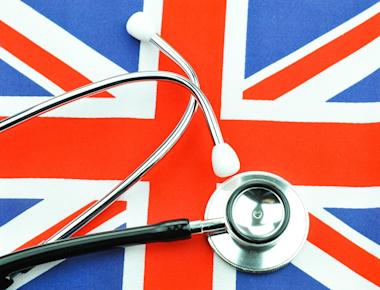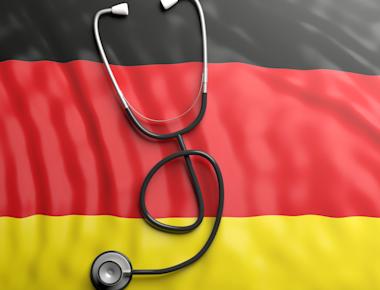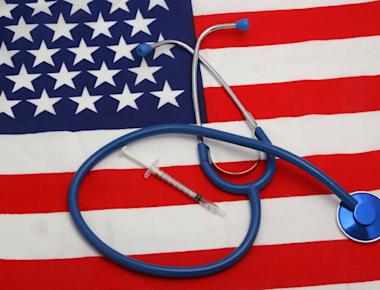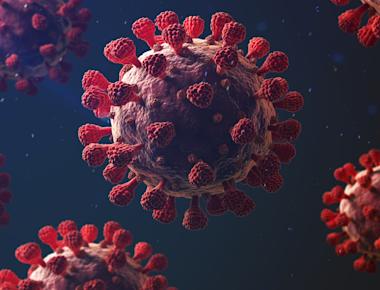

What happens when you get sick?
Depending on the illness, I’m sure you try to administer the best treatment possible, whether it’s an Advil, acetaminophen, or going to the doctor. But where did you learn how to do all this? Were you taught how to take care of yourself in school, by your parents, the internet, all of the aforementioned? Well, “the degree to which individuals have the ability to find, understand, and use information and services to inform health-related decisions and actions for themselves and others.” is what the CDC defines as personal health literacy.

PennMedicine
What’s the Dilemma?
Everyone has different ideas about what’s best for them when they need medical help, which makes sense because everybody is different, but sometimes people have the wrong idea or just don’t know what to do. Now, being in the United States, it’s normal to assume that we rank favorably in many areas, especially in the medical arena. However, over 90 million1 people in the US are rated as having “low” health literacy, with the majority of them being people from low-income households, the elderly, and those with low English proficiency.

Healthwise
Why does health literacy matter?
I mean, that’s what doctors are for, right? Not exactly. Those with low literacy have 4x higher health costs2, 6% more hospital visits3, and two days longer hospital stays4. Now, if the majority of those with low health literacy are of low socioeconomic status, the lack of health literacy is an enormous burden upon them financially, emotionally, psychologically, and physically. However, the worst part is that this burden is one many don’t even know they carry. Now, it’s not only the US’s problem. It happens all over the world, and the US isn’t even the worst of it. Being the first person in my family to be born in the US, I’ve heard my fair share of home remedies from turmeric milk to saltwater, and some work great, but others not so much.
How do we combat the lack of health literacy?
There are some barriers, of course, including the language barrier. When my grandparents go to the doctor in their home country, they still give all the diagnoses in English since a lot of medical terminologies are based on Latin roots. So how are they going to learn an entirely new language nowhere close to their own and then try to wrap their heads around the medical terminology? Another barrier is breaking the faith people have in their own treatments. I know from my family that even when we’ve had some of their “theories” dispelled by pediatricians or ophthalmologists, my grandparents still cling to what they know because it’s seemingly worked for them for quite some time. Thus, it’s evident that in order to overcome the second barrier, we must first overcome the 1st barrier. One of the most significant ways as a society to improve health literacy is by reforming health care itself to be more patient-centered. If healthcare revolves more around the patient, it increases the chance that the patient is better able to understand what’s going on with them and what their providers are doing to combat it. Lastly, as health-literate individuals, it’s our responsibility to try and help others understand healthcare as well as we might, but if we aren’t health literate yet, then it’s also our responsibility to try and become as literate as possible.
So, what happens when you get sick?
Let’s revisit my initial question. Well, hopefully, by now, you have a plan to learn how to take care of yourselves and improve either the health literacy of yourself or those around you.
Citations
[1] L. Neilsen-Bohlman, A.M. Panzer, and D.A. Kindig. “Health Literacy: A Prescription to End Confusion.” (Washington, DC: National Academies Press, 2004)
[2] Partnership for Clear Health Communication at the National Patient Safety Foundation
[3] Partnership for Clear Health Communication at the National Patient Safety Foundation
[4] Partnership for Clear Health Communication at the National Patient Safety Foundation
Global Health Professional
Expertise
Social Media
Subscribe to our newsletter!
Quick Links
Legal Stuff







